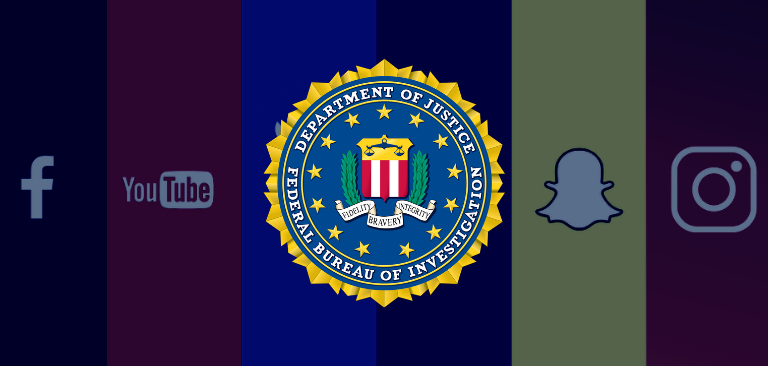Last we heard of the FBI in the context of its (acute) interest in content shared on social media platforms has been the agency’s effort to impose more mass surveillance via private sector developed tools.
But now, the FBI is emerging as a partner to those same social media giants, as they fight their largely self-styled and self-imposed battle (in response to relentless pressure and scrutiny from certain political and media centers) against what is presented as the ultimate scourge of “misinformation.”
An entire complicated and complex narrative has been built around the need to suppress this phenomenon as pretty much the only way to ensure a legitimate presidential election in the US – and also, deal with the COVID saga efficiently.
It doesn’t help the case of furthering democracy or upholding free speech, however, that “fighting misinformation” has all too often proved to be a thinly-veiled disguise for imposing non transparent and inconsistent censorship on major, centralized social networks.
But any potential controversy and muddiness around the subject has apparently not held the FBI back from getting involved in defending “Covid and election” topics, as reports are saying.
To exactly nobody’s surprise, the FBI said they have established “a relationship” with social media, and other tech companies.
But it’s not what you think – i.e., more mass surveillance and indiscriminate data harvesting. This time, as FBI Salt Lake City Division’s Casey Harrington explained, it’s about sharing “threat information.” Harrington also threw around a “fan favorite” term – “trustworthy news” – as something users are to be steered towards.
But agent Harrington also shared some “real news”: for all its alleged potential to derail and destroy an entire democracy, “fake news” coming from US citizens is nothing actually illegal.
“The FBI cannot initiate an investigation based solely on speech protected by the First Amendment,” he revealed.
But the likes of Twitter and Facebook can certainly stifle that speech, (mis)representing themselves as “plain and simple mom-and-pop shops” – rather than the de facto digital public spaces that they are and that should also be bound by the First Amendment.
As to why the FBI would even risk any future question marks over its role in the messy game of teaming up with giant private entities, as they play arbiters and gatekeepers of free speech – that is clearly a question for another day.












